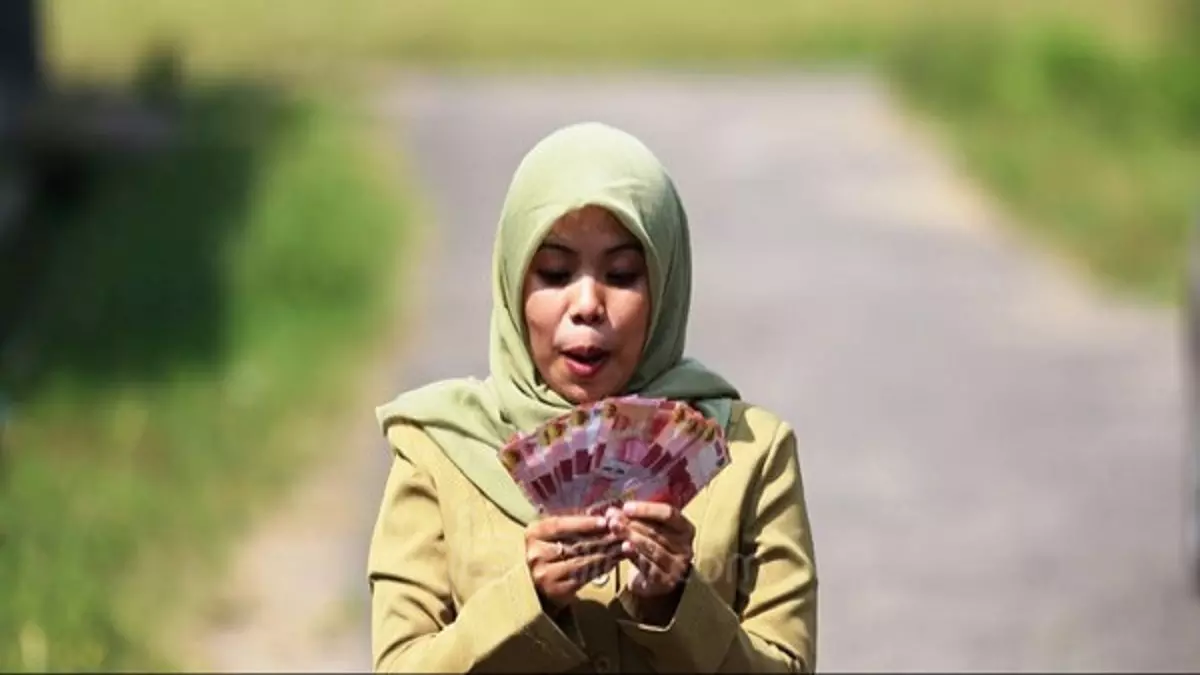Earlier this month, comedians, including Dave Chappelle, Kevin Hart, Pete Davidson and Bill Burr, flew to Saudi Arabia to perform at the inaugural Riyadh Comedy Festival. The organizers claimed it was the largest comedy festival in the world, with over 50 international comedians performing stand-up, sketch and improv. It was put on and paid for by the Saudi government as a part of their effort to increase investment in their local economy — and also to improve their global image.
The Saudi regime’s human rights record is why other performers such as Marc Maron, David Cross and Atsuko Okatsuka have strongly criticized the comedians who attended. They have accused their peers of helping to “put a fun face on their [Saudi Arabia’s] crimes against humanity.”
The critics also see hypocrisy; many of the comedians who attended the festival have a history of complaining about not being able to freely express themselves in their standup in the US. While on stage in Riyadh, Dave Chapelle joked, “It’s easier to talk here than it is in America.”
But as Abdullah Aloudh, senior director for countering authoritarianism at the Middle East Democracy Center, explains, speech is far from free in the kingdom. There is a Saudi counterterrorism law that says questioning the wisdom of the king or crown prince is an act of terrorism. Another law addressing “anti-cybercrime” criminalizes anything that they describe as threatening the public value or questioning the tranquility of society. These laws have led to the jailing of thousands, including former aid worker Abdulrahman al-Sadhan, who is currently serving a 20-year prison sentence for tweeting some jokes about the Saudi government.
To learn more about the festival and why it’s exposed a rift within the comedy industry, Today, Explained host Noel King spoke with Seth Simons, a journalist and critic who covers the comedy industry.
Below is an excerpt of their conversation that has been edited for length and clarity. There’s much more in the full podcast, so listen to Today, Explained wherever you get podcasts, including Apple Podcasts, Pandora, and Spotify.
How did Saudi manage to book all these guys?
I don’t know exactly, but I know they worked with WME, the mega-talent agency, and they worked with Bruce Hills, who was, for years, in charge of Just for Laughs, the huge comedy festival in Montreal. So, they have a lot of ways to lure A-list comedians, and they also threw a lot of money at them. There’s a comedian named Tim Dillon, who, on his podcast, bragged that he was offered $375,000. He also told a bunch of jokes about — not really jokes — but about how they have slaves in Saudi Arabia, and they murdered a journalist for criticizing them. And he said, “You know, we comedians, we’re looking the other way. They pay us enough to look the other way.” Then, he got fired for saying all that.
What have the comedians that went there said about performing there?
They framed it as a cultural interchange. They are bringing comedy to “people who don’t have a lot of stand-up comedy,” I guess. They’ve said that they “didn’t have to censor themselves,” even though they sort of agreed to a contract that forbade criticizing the Saudi government or religion. You’ve seen some of them say that there were women at these shows, there were young people at these shows. They weren’t just performing for the royals. I believe it was Bill Burr and some others have said that they did fairly raunchy jokes. They’ve said that they got treated very well. [Chris] Distefano said that Whitney Cummings said that “no one has treated her as well in the US as the Saudis treated her.”
You’ve seen a lot of videos posted by the Saudis running the festival of these comedians getting applied with flowers and surrounded by food and being given the red carpet treatment, which I think is important to a lot of these comedians to feel like they are important and famous celebrities.
The pushback was really interesting because it came not just from Joe Schmoes, but people like Mark Maron. But how big of a deal is it really? In a month, do we care what Pete Davidson did in Saudi Arabia? Like, does this tarnish these guys?
I don’t know, and I’ll be curious to see. I do think it is a big deal for other comedians to speak out, because, if you’ve been paying attention to comedy over the last five or six years, you’ve seen Chappelle release a series of anti-trans specials and declare himself a TERF. You’ve seen, in the very first months of the pandemic, when people were still dying by the thousands and there was no vaccine, a lot of these comedians we’re talking about now went right back out on the road in May and June of 2020 and performed across the country in fairly small, often underground rooms. Those were super-spreader events.
You’ve seen levels of racism that would’ve been scandalous six years ago that are now normal on these comedians’ podcasts and, sometimes, in their acts. And you don’t see a lot of criticism of that from other comedians. So, I think there’s a lot of shady stuff that happens in comedy that would be a big deal if people like Marc Maron or other ostensibly liberal and left-leaning — or just plain good, decent comics — made a fuss about it. But I think a lot of them just want stay in their lane and not make a fuss.
But, to answer your question, it is very notable that this caused the uproar it did. Even fans: If you go to these comedians’ subreddits, or if you look at their comment sections on Twitter, you’ll see a lot of their fans are bringing it up pretty constantly. But it remains to be seen how well that will be metabolized by a public that is obviously dealing with a constant stream of horrible news and disappointing public figures.


















































